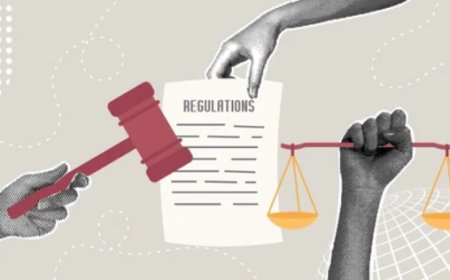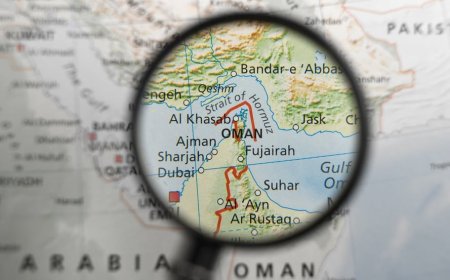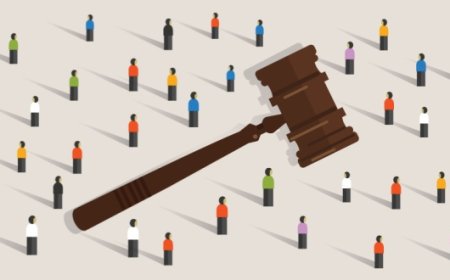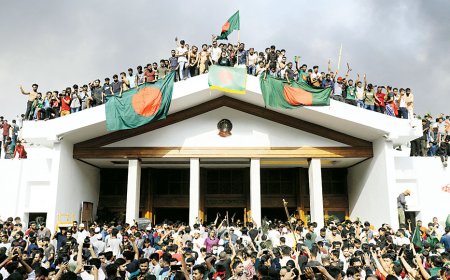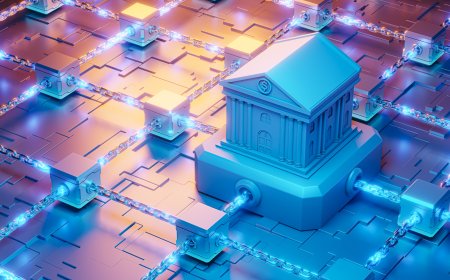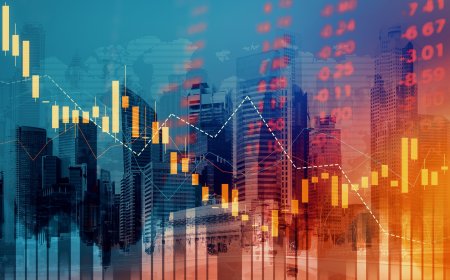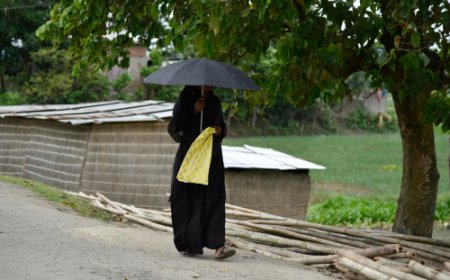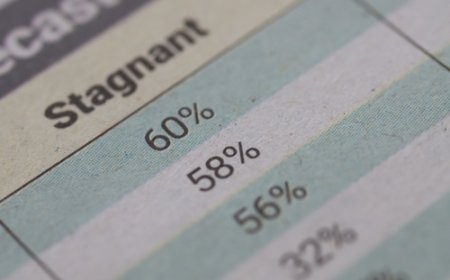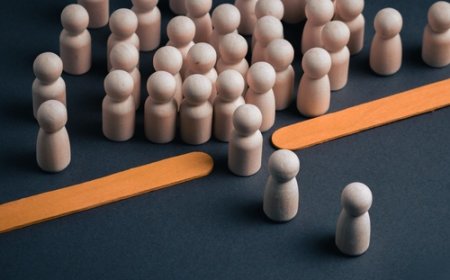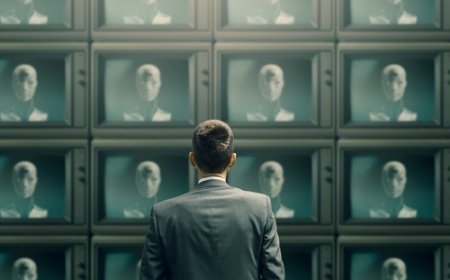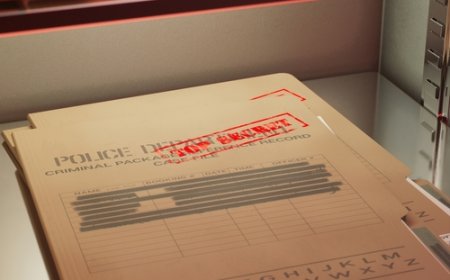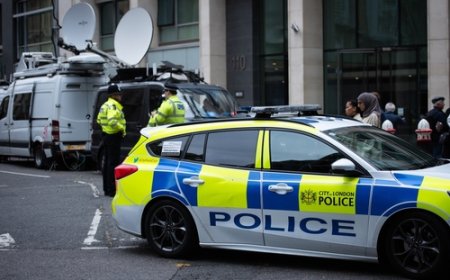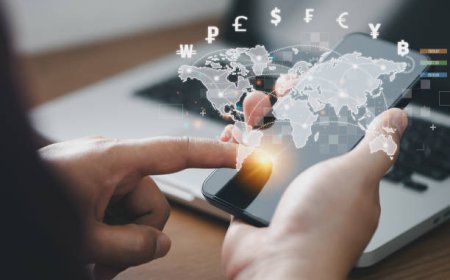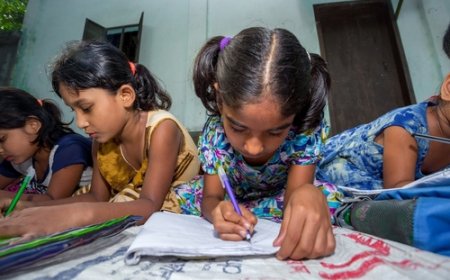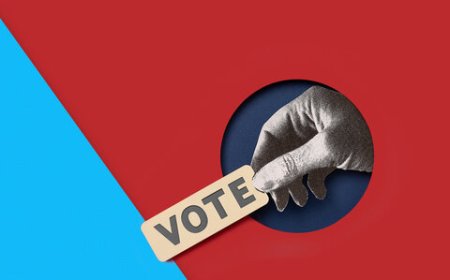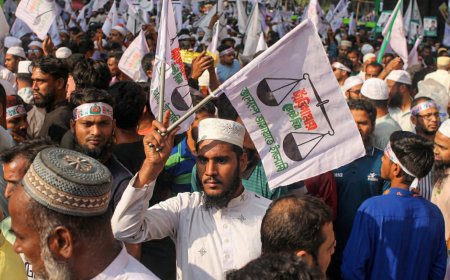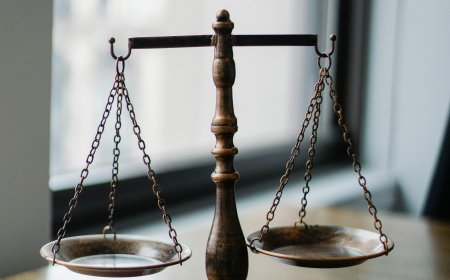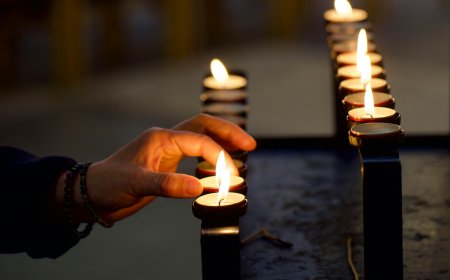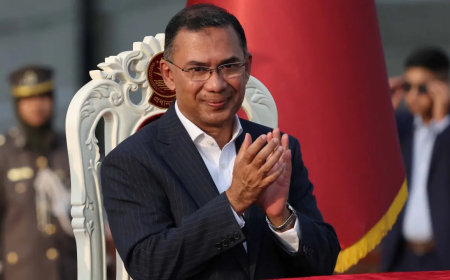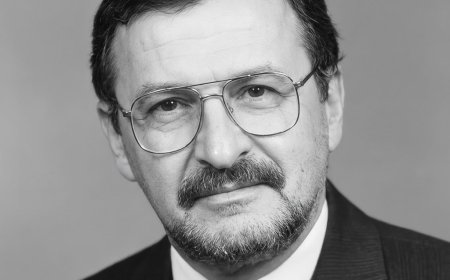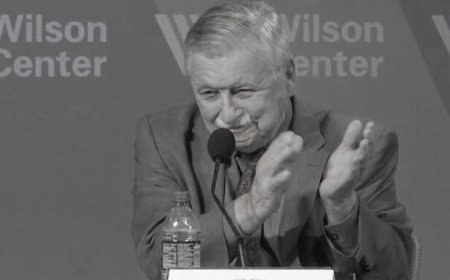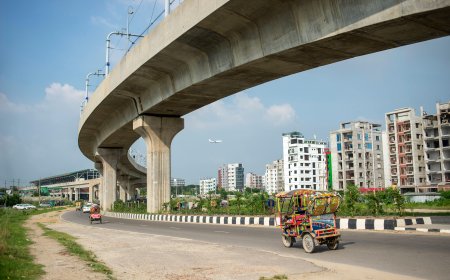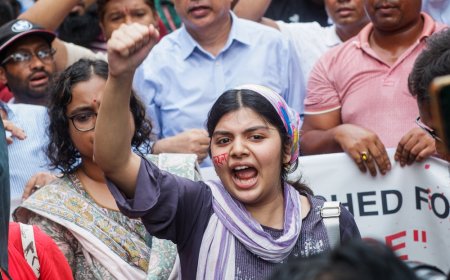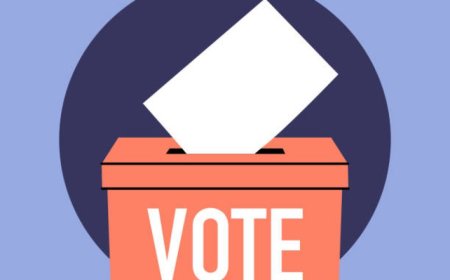Clutching at Straws: Who Should be Deemed Electable in the New Bangladesh?
At the very least, the people of Bangladesh should be able to keep the criminal, the corrupt, and the compromised from running in the upcoming elections
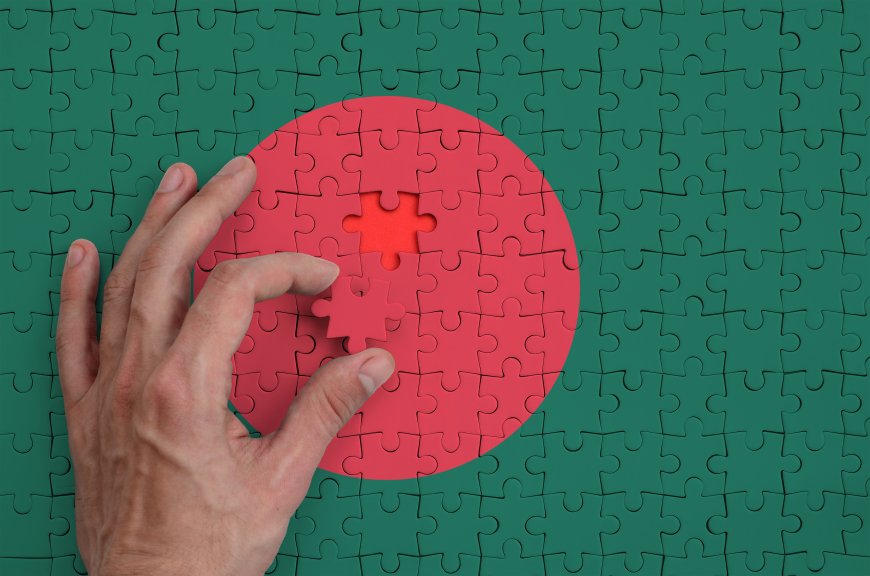
I was very tempted to put Bangladesh 2.0 instead of New Bangladesh in the title. I did not. I still remember the fervor, the deep emotions, and optimism I had felt when the first time I came across the term Bangladesh 2.0 during the July Uprising, and used it in my social media posts.
With election looming in the near horizon, the fervor is gone, the emotions keep welling up inside without an outlet, and optimism still hangs on a fragile scaffolding likely soon to be replaced by despair, anger, and frustration. Bangladesh 2.0 is now a broken image to many, and an emblem of people once again deprived of a country of equity, social justice, and human dignity, even though it was well deserved as they have earned it through the blood of thousands.
Justice, Reform, Election -- those were the expectations to start the post-July era. As the interim government prepares to hold national elections soon and leave the country’s fate to the elected few, we find that the reforms that were promised only half-baked with the most significant ones hinging at the mercy of the party coming to power.
And if the history of political parties in power in Bangladesh is any reflection of what is to come, we all can start ordering the tombstones for those reforms.
Then what of justice? Thousands of cases have been filed over the last 14 months; how many of them are likely to deliver justice to those who were martyred, maimed, tortured, and condemned to a life of suffering for the foreseeable future without loved ones? How many will address the years of plundering and looting of nation’s wealth and properties? A tribunal has been set up for quick trials of the top brass of the authoritarian regime. Will it deliver justice in time? We wait to see, but I strongly suspect I am not the only one doubtful.
Let’s talk about the elections now. Often times, it seems, from all the news or social media posts or talk shows on TV and other outlets that the authoritarian and corrupt rule of the last 17 years existed in a vacuum and was suddenly ushered upon us from nowhere. As if prior to that we had a democracy so fine and we had stellar rule of law to govern our land.
This is categorically wrong. We intentionally or unintentionally fail to acknowledge that the last 17 years is merely a culmination of years of immoral, corrupt, and oppressive political practices and governance since the inception of Bangladesh. All the major political parties in power or in opposition in the last 54 years are culpable and contributed to this political dystopia we live in.
So what can we expect from the upcoming election. It is possible that the interim government will be able to hold a fair election with a somewhat level playing field offered to all the parties, it can be expected that vote rigging will not be allowed to happen at scale, it is likely that we might not see much violence on the day of election owing to deployment of a huge number of law enforcement personnel.
What we know with relative certainty is that we will see overwhelming participation of people in voting, a right deprived for so long. But who will they elect? What choices will they have? With Awami League activities being banned, it is a relief to many that they will not be faced with those choices.
But how much better will be the choices in front of the people really warrants a closer scrutiny. If people are only given choices of same or similar politicians that are responsible for the overall unhealthy political environment of the last 54 years, can we expect a changed Bangladesh, a Better Bangladesh, a Reformed Bangladesh ... Bangladesh 2.0? Probably not.
The sacrifices of the people over the last 54 years -- all the blood shed in 1971, during the Ershad era, in the last 17 years -- demand something different. In post-July Bangladesh, people want to see a different breed of politicians in office. In our imagination or fantasy, those who should be electable should be honest and principled, should be one who prioritizes Bangladesh’s interest above party or party leaders, one who is driven by the sacrifices and struggles of 1971 and 2024, who is part of lives of the constituents, who wants to serve the people and not govern them, who works for people’s interest above everything, and who is bold in leading the people to a better future.
Let us not be naive. This ‘perfect’ candidate probably does not exist. Even if they exist, we will not be able to identify them. The qualities we hope that adorn them are abstract and, therefore, these laws of inclusion will be difficult to implement.
To the contrary, however, criteria for exclusion is much easier. They can be implemented in a systematic manner with less friction. We can agree to many, if not all, of these criteria about who we don’t want to see in the office during the next election. It is well within the rights of the people of Bangladesh not to allow certain types of individuals from participating in the upcoming election.
It is not uncommon either. History is full of such examples of exclusions in post-World War II, after the fall of communism, after the Arab Spring, and in many post-revolution and post-authoritarian regime situations.
These exclusions were not only necessary for ensuring justice, implementing societal and political change, setting up exemplary retribution for political malpractice, but also to instill hope and guidance among people for new ways of life, and to purge society of dogmatic ideologies, ending kleptocratic governance, and culling of cult mentalities.
So why can’t we set up something similar? May be the EC or the interim government will take notice. There are enough historical examples and context to draw from. We can have a dialogue about them, a debate over them, but let us at least consider and discuss them.
People who belonged to the political party of the past authoritarian regime:
People who enabled the regime: It is very important to recognize that that AL did not act alone. They had active collaborators and stakeholders in political parties, the top echelon of the bureaucracy, law enforcement, and other governance machineries that empowered and enabled the regime for committing atrocities against the people, establishing a corrupt kleptocratic, oligarchic government, destroying democratic institutions, weaponizing legal and judiciary systems to suppress and victimize people, and above all, helped to provide legitimacy to sham elections during the regime.
Individuals belonging to the political parties who actively colluded with the past regime and benefited by positions in the government or provided legitimacy to the sham elections by participating in them, they along with individuals who held key positions of these parties, should be banned from participating in the next election.
Law enforcement and defense personnel who were found to give direct order for torture, murder, or forced disappearance should not be allowed.
Top administrative or judiciary functionaries, who were found to aid and abet corruptions and anti-democratic steps of the past regime, should not be allowed as well.
Bank defaulters, tax evaders, individuals with clear evidence of corruption: Election Commission already has some rules on bank defaulters and tax evaders participating in national elections. It should be carefully monitored that they are implemented meticulously. In addition, individuals with clear evidence of corruption, even if not convicted yet, should not be allowed, for example, S. Alam and his top officials. We don’t need to wait for court verdicts to know that they have committed widespread corruption and crimes. Similarly, bank directors of failed banks who abused their position to consolidate personal wealth and let the institutions fail should not be allowed to participate. In a nutshell, individuals engaged in large scale financial crimes should not be allowed to participate.
Criminal conviction: Individuals who have two or more convictions for serious crimes like murder, rape, robbery, kidnapping, or extortions, should not be allowed to participate in the elections. Of course, scrupulous vetting is necessary to understand if some of these cases were political in nature or not. There was a time when politics belonged to the politicians and political ‘cadre’ were only a supportive wing. Overtime, those distinctions were lost and increasingly we have seen known criminals and thugs wield political power, hold key party positions, and become MPs or ministers. This exclusion will give back the political power to the people and politicians and lessen the fear of retribution.
Persons holding citizenship or permanent residencies of other countries:
Candidate absent from constituencies: What the people of Bangladesh have seen repeatedly since independence is that many candidates only appear during elections, never or rarely to be seen before or after. They secure their candidacy with blessings from party leaders in a process that lacks transparency and reeks of unfair practices.
A candidate should come from the party grassroots following a democratic process and be one who has been a part of the lives of the constituents. However, there are exceptions. Many times, top party leaders run for elections from multiple constituencies where they might not have enough presence. There are individuals who have been persecuted by the previous regime and went to exile or in hiding. While this exclusion could be the hardest to implement, it could be discussed who is a people’s candidate and who is not. This is more of a criterion that should be followed by the political parties than the election commission.
Admittedly, there are many nuances to what has been proposed here that requires comprehensive review and discussions. But this should not be dismissed as utopic or naive. We can learn from examples of the past around the world. A legal framework can be worked out for ensuring transparency and due process for all potential candidates.
The yearning for a better, changed Bangladesh runs deep and is at the core of people’s will and aspirations. A country of unfortunate populace, we repeatedly pitted hope against hope and clutched at whatever straws we could find.
Within the expectations of a post-July Bangladesh, this is our last straw. And we are clutching onto it.
What's Your Reaction?







